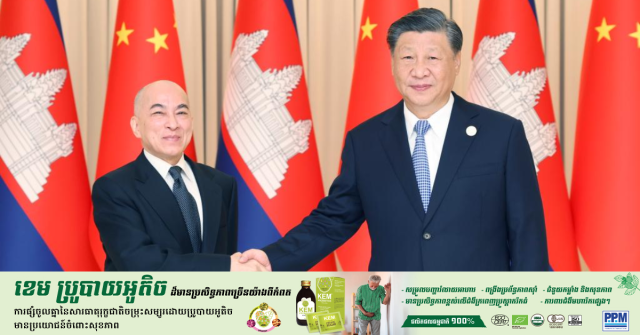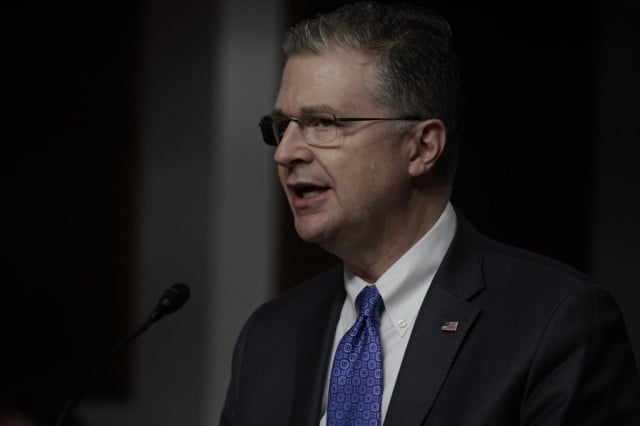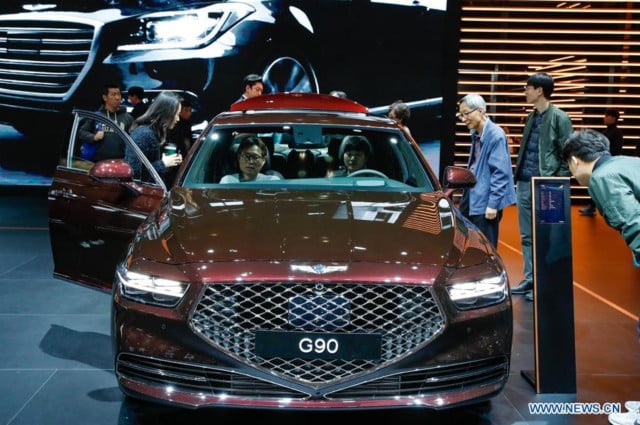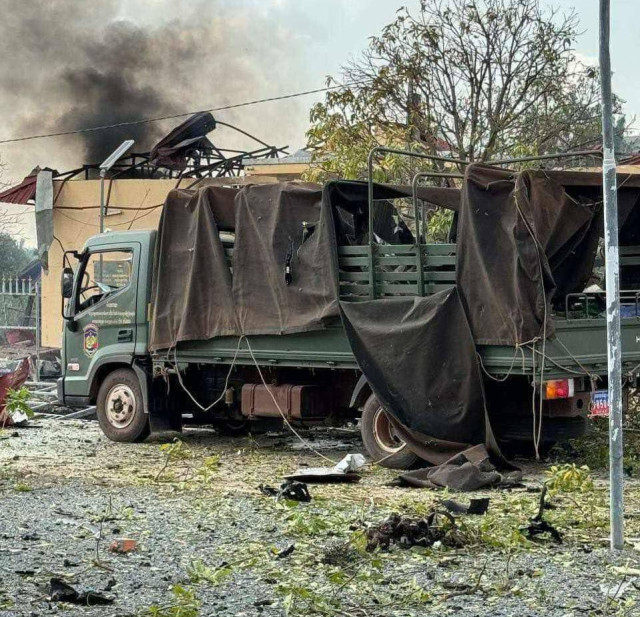Political Parties Rally Round Rival Blocs
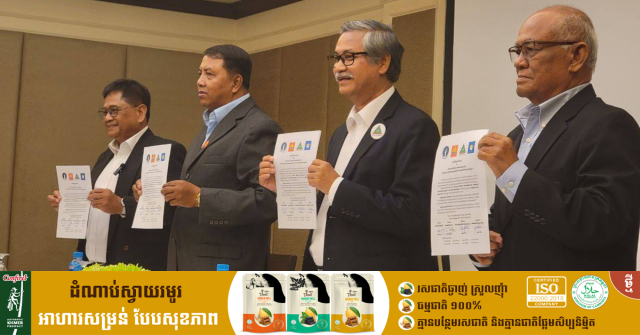
- By Teng Yalirozy
- October 11, 2023 9:30 PM
PHNOM PENH – Cambodia’s political parties have gathered into two major alliance blocs to fight the next election.
The Candlelight Party (CP) has formed one alliance while almost 20 other parties sided with the ruling Cambodian People’s Party (CPP).
On Oct.11, the CP, Khmer Will Party, Grassroot Democratic Party and Cambodian Reform Party joined hands to officially establish “Alliance for the Future,” a move to advocate and prepare for elections in 2027 and 2028 as well as the Senate election in 2024.
CP vice-president Sok Hach said the decision was made now, not before July 2023, because each party wanted to test its potential and support in the election. However, none managed to gain a seat in the parliament.
This led to the decision to form an alliance and work together towards future elections to respect human rights and democracy.
“We have a common stance which is to win the election for the prosperity of the nation,” Hach said during the alliance signing ceremony. “We do not mean to oppose others but to unite the nation.
“Four of us together is only the beginning.”
Before the July election, a number of parties mobilized to compete with the ruling party but there was no significant result.
The CP was barred from the election for failing to meet registration requirements.
The parties asking to ally with the CPP included the Democracy Power Party, Dharmacracy Party, Norkor Democracy Party, Reaksmey Khemara Party, Khmer United Great Nation Party, People’s Power Party, Cambodia Free Independent Democracy Party, Democratic Movement Party, Ekpheap Cheat Khmer Party, Khmer Angkor Party, Khmer Republican Party, Khmer Economic Development Party, Khmer Rise Party, Cambodian Youth Party, Khmer Conservatism Party, Beehive Social Democratic Party and Society of Justice Party.
CPP president Hun Sen welcomed the request, saying the CPP respected the independence of the political parties and did not oppress any party.
The CPP was ready to work with the parties for sovereignty, territorial integrity and liberal multi-party democracy as well as human rights and the rule of law.
“We never have had an idea that CPP is the major party while others are minor,” he said. “We give respect to the parties that have registered with the Interior Ministry. We will work together to discard extremist political ideology,” he said.
Hun Sen said he would meet the representatives of the parties to discuss a pact.
Alliance for the Future
With the formation of the “Alliance for the Future,” many questions were raised about whether the group could survive long enough and compete for the election or would fail.
Cambodian Reform Party president Pol Ham said the alliance was established independently, free from international or individual influences and hoped it would stand tall.
“I don’t want to see the alliance fail because I am aging,” he said. “The party is committed to the alliance and preventing the possible breakup.”
Sok Hach of the Candlelight Party, however, said it was too early to ask such questions as the structure and the procedures of the alliance had not been set up.
“We cannot move forward without the alliance. If no problem occurs, we will keep walking,” he said. “There will be obstacles, but we have thought of a solution and it is done in a democratic manner.”
In July’s election, the Cambodian People’s Party won 120 seats and the FUNCINPEC got five, which was criticized by Western countries as neither free nor fair and concerned UN experts.






